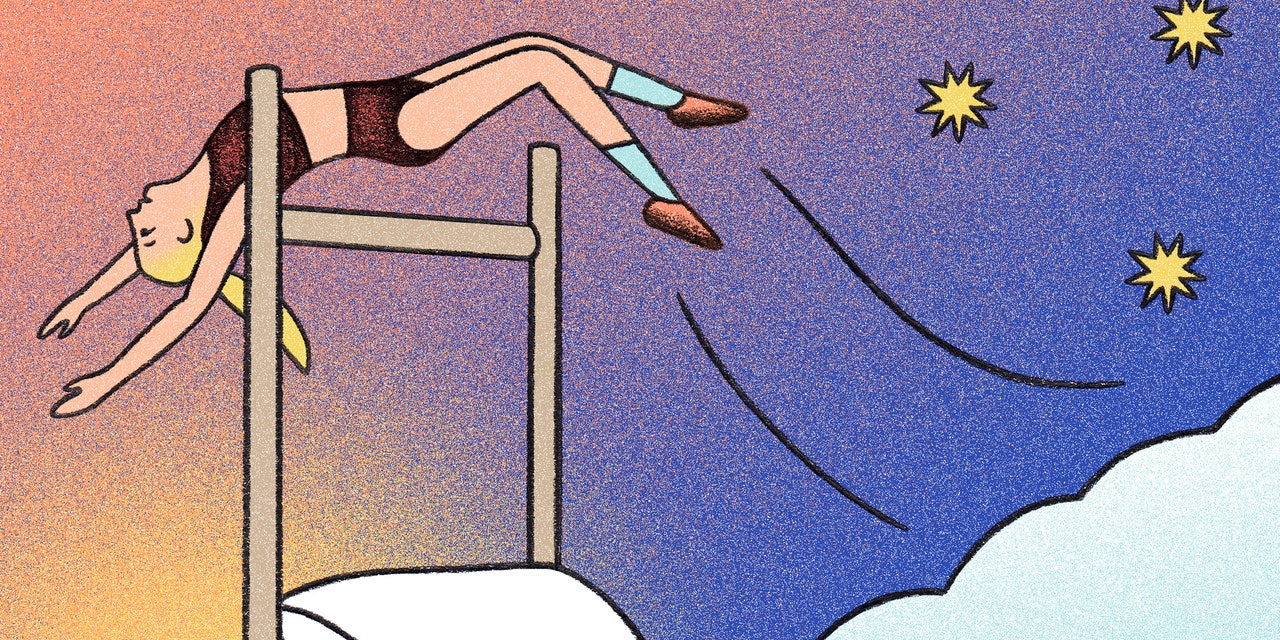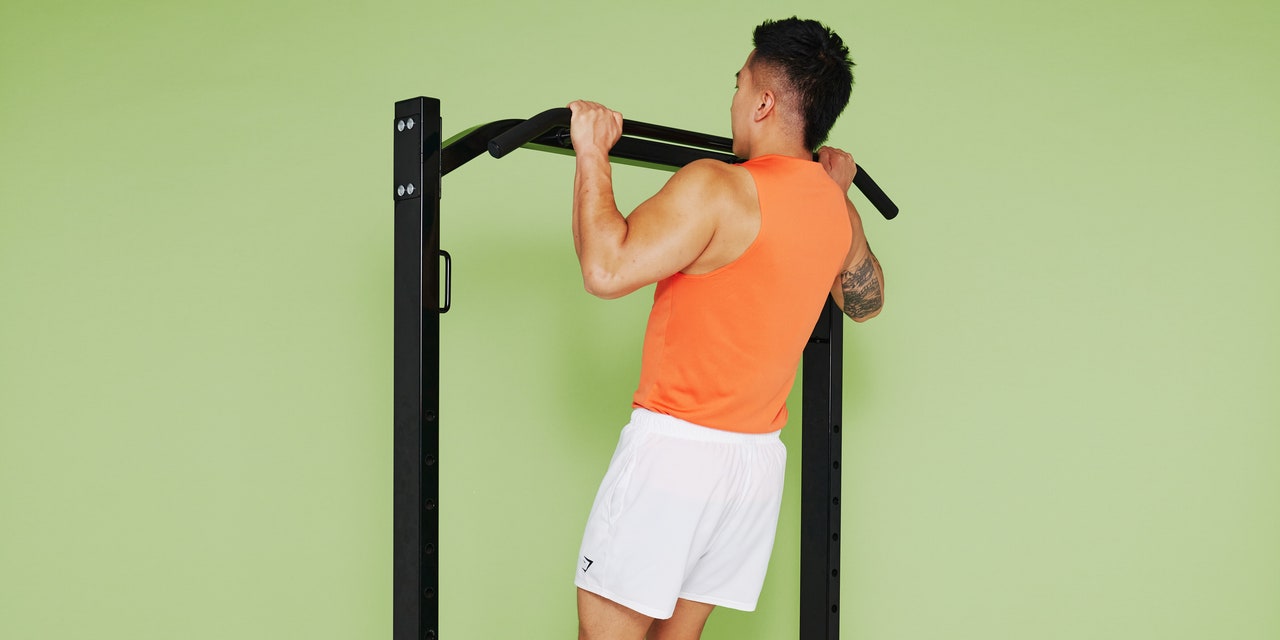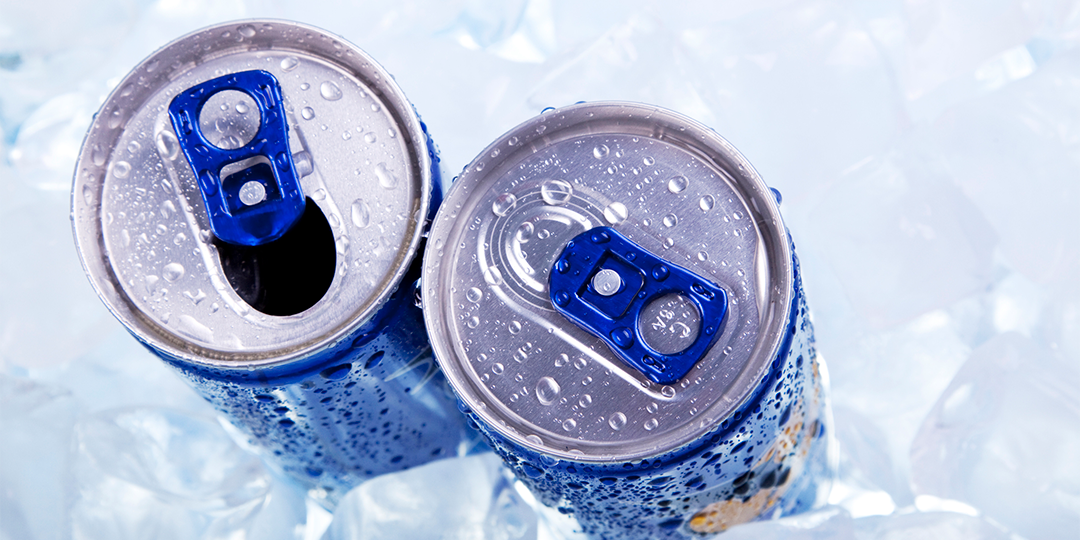How Some of the World’s Top Athletes Rest and Recharge

This article is part of SELF’s second annual Rest Week, an editorial package dedicated to doing less. If the last few years have taught us anything, it’s that taking care of yourself, physically and emotionally, is impossible without genuine downtime. With that in mind, we’ll be publishing articles up until the new year to help you make a habit of taking breaks, chilling out, and slowing down. (And we’re taking our own advice: The SELF staff will be OOO during this time!) We hope to inspire you to take it easy and get some rest, whatever that looks like for you.
Whether they’re spending hours perfecting free-throw form, nailing dismounts, or shaving a split second off a track lap, training plays a huge role in helping elite athletes reach the top of their game. But if they want to stay there, there’s another equally important factor they need to consider: rest.
According to research in the Journal of Applied Sport Psychology, true rest is crucial for reaching peak performance and for guarding against the kind of overtraining and burnout that can often hinder it. But figuring out how to effectively rest as an athlete can be tricky—so much so, in fact, that the paper’s authors call it one of the most commonly overlooked aspects of sport research. What they do know, though, is that it likely includes a whole bunch of factors that go beyond taking a physical rest day.
Recovery—physical and mental—is vital for athletes at the top of their games and for normal folks striving to weave fitness goals, tough workouts, or even just a little more movement into their day-to-day life. And for regular exercisers, it can be just as hard (if not harder, because this isn’t your job) to make space for it. To help you make it happen, we reached out to 10 top athletes and asked them for their personal strategies for recharging. Read on to see what helps them get it done—and maybe try some of their strategies when you’re feeling frazzled too.
1. Strolling outdoors—solo.
Two-time Olympic snowboarder Maddie Mastro understands the importance of rest, but admits that it’s something she’s struggled with in practice. “Being able to remove the negative connotations with ‘rest’ and enjoying being able to [do it] is the hardest part,” she tells SELF. When she needs a little help getting started, she’ll head outside (with only her dog) and lace up for a nice long walk on trails or hiking paths.
It’s restful for a couple reasons, she says. First, being alone helps her mentally—“I have a moment to myself to either reflect on my day or to just be present and enjoy being outside,” Mastro says. And the gentle, low-impact movement helps her body kick start recovery mode after putting in some tough training. “Having a clear mind and rested body allows me to be the best version of myself, excited to do the work,” she says.
2. Daydreaming about all the good stuff.
When training ramps up for a big competition, gymnast Jordan Chiles—who already has a silver Olympic medal and loads of other global-stage hardware—relies on daily naps in between practices to help her body recover. “But if my mind and soul are disturbed, I never truly feel rested, no matter how much sleep I get,” she tells SELF. She’s found that being creative helps with that, and she taps into it by drawing, listening to music, or curating boards on Pinterest, which she describes as feeling like a “getaway.” “I like creating things I hope to see in my future, like wedding boards, interior design for my dream home, and future child nursery and party decor,” Chiles says. “I love to dream, so hoping one day these wishlists become a reality is really soothing to me.”
3. Doing yoga.
After etching her name in the WNBA history books earlier this year—by breaking the record for the most three-pointers and the highest percentage of sinking them in a single season—New York Liberty guard Sabrina Ionescu more than earned a break. But in order to truly recharge during her free time (whether that’s during the off-season or just the night after a tough game), she knows she needs a method that pulls double duty: She has to focus on her body and her mind to really chill, she tells SELF. That’s why she’s recently taken up yoga. Stretching her muscles feels amazing after running, jumping, and pivoting on the court, which helps her recover quickly to get back at it the next game. It also helps her decompress mentally, leaving her feeling “detached from the stress and clear-minded” afterward, she says.
4. Reflecting on the day’s highlights.
For pro surfer Brianna Cope, true rest doesn’t start until she’s able to acknowledge and reflect upon the work she’s already done, she tells SELF. This might come from a debriefing with her coach about what went well during a contest and what she could improve upon, or simply scrolling through Strava after a run to see the mile splits she checked off. “I’ll reflect on the session and figure out the feedback or main takeaways, and then move forward mentally for the day,” Cope says. “This allows me to mentally rest and be more present.” From there, she can focus on her favorite way to jumpstart her physical recovery: a sauna session followed by a cold plunge. “Given the physically extreme environment of both, my mind is forced to focus on my breathing—so it’s meditative for me as well,” she says.
5. Getting ready for bed much, much earlier.
After winning two Olympic track and field medals, sprinter Gabby Thomas—who also has a degree in neurobiology—knows that getting eight to 10 hours of sleep every night is vital for helping her feel both mentally recharged and physically restored. The key to making sure she’s able to log enough? Starting to wind down early so she’s relaxed and ready to fall asleep when bedtime rolls around, Thomas tells SELF.





